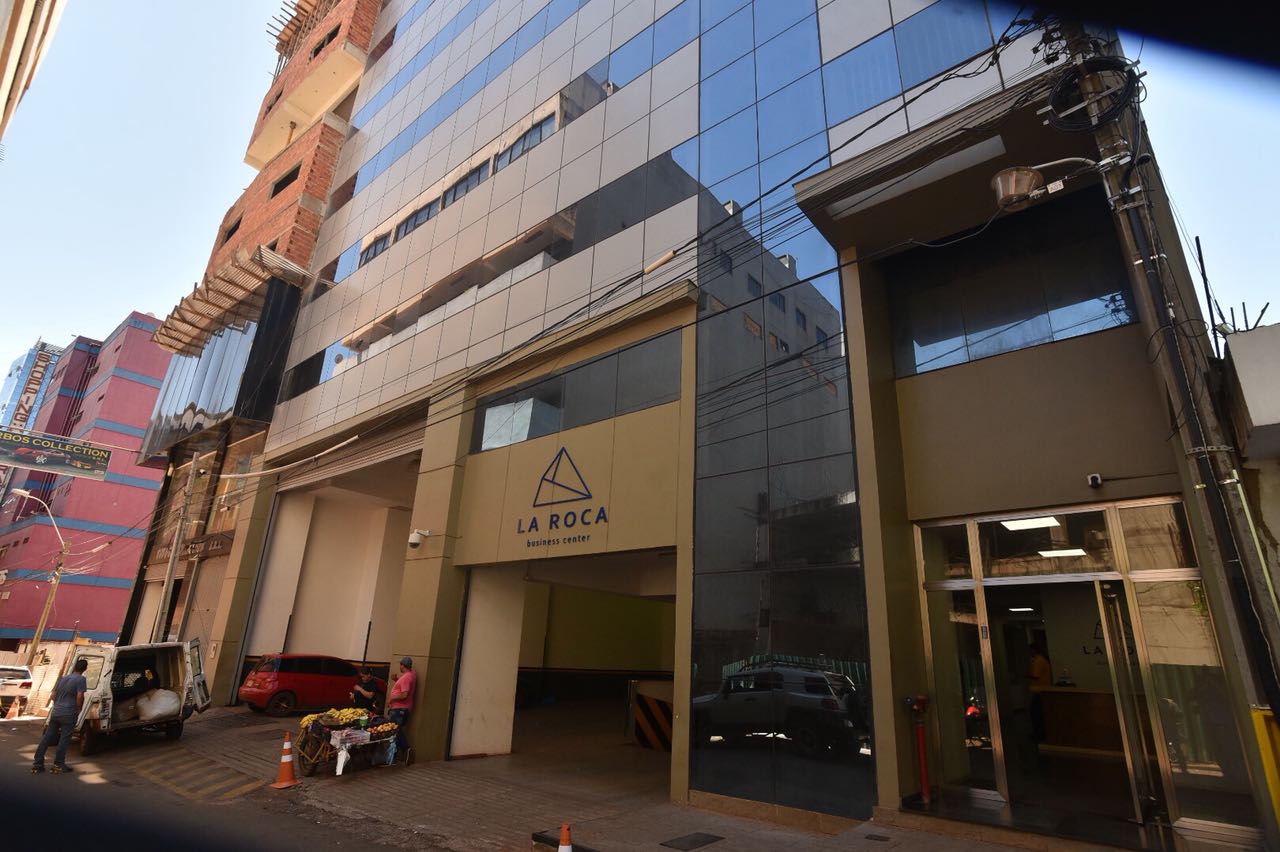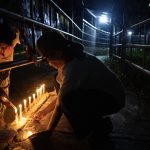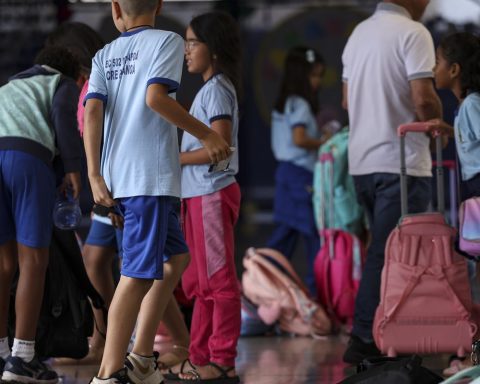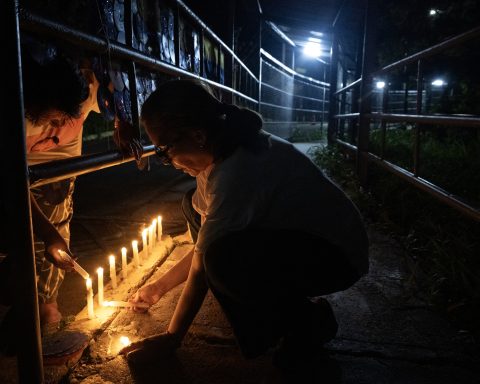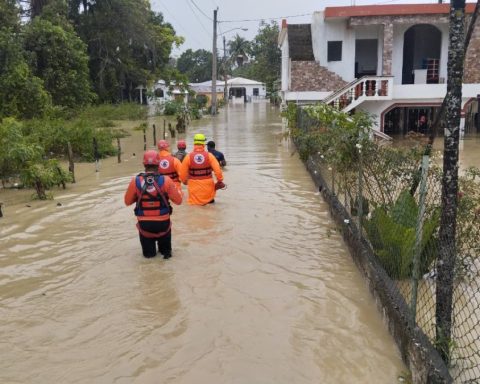Timely consultation is key to avoiding complications of the disease. The Health Surveillance Directorate reminds that children under 2 years of age should not wear a mask.
Bronchiolitis is a common respiratory illness in babies that causes inflammation of the small airways in the lungs. It affects children under 2 years of age.
The cause of this disease is usually the respiratory syncytial virus (RSV) that is circulating in the country, identified in more than 90% of cases.
how it spreads
The most frequent etiological cause of this pathology is the respiratory syncytial virus.
This virus is transmitted through secretions (mucus or saliva) of the infected person, so it is important to practice correct and frequent hand hygiene with soap and water; use a mask in case of having respiratory symptoms and in closed environments, in addition to applying cough etiquette, which is to cover the mouth and nose when coughing or sneezing with the inner corner of the arm, never with the hand to avoid spreading the virus. infection.
The group with the highest risk of becoming seriously ill from syncytial virus and requiring hospitalization are:
Premature infants, children under 2 years of age, especially those under 6 months of age, with underlying disease such as congenital heart disease, malnutrition, children with a weakened immune system, children with neuromuscular disorders, including those who have difficulty swallowing.
Symptoms
Bronchiolitis presents as a cold initially. The child may have fever, cough, runny nose, wheezing, reduced appetite, and even difficulty breathing.
In the event of any of these symptoms, immediately contact your primary pediatrician or go directly to the nearest emergency health service.
Avoid sending your baby to daycare if he or she has a respiratory condition or any other signs of illness.
complications
If the condition is not treated promptly, the child may present severe respiratory distress requiring hospitalization or intensive care, bacterial superinfection, and in some cases present bronchial hyperreactivity after the infectious condition.
How to prevent bronchiolitis
*Maintain exclusive breastfeeding in children under 6 months, since it has a protective effect against diseases.
*Wash your hands with soap and water before touching the baby.
*Avoid people with a fever or who have any signs or symptoms of a cold or cough from being in close contact with your child.
*The use of a caregiver’s mask is essential to prevent infection by secretions.
*Do not share cutlery or glass.
* Frequently sanitize toys, pacifiers and surfaces that come into contact with the baby and its food.
*If your child shows respiratory symptoms, avoid sending him/her to school or day care to prevent the spread of the infection and take him/her immediately to a health facility.
